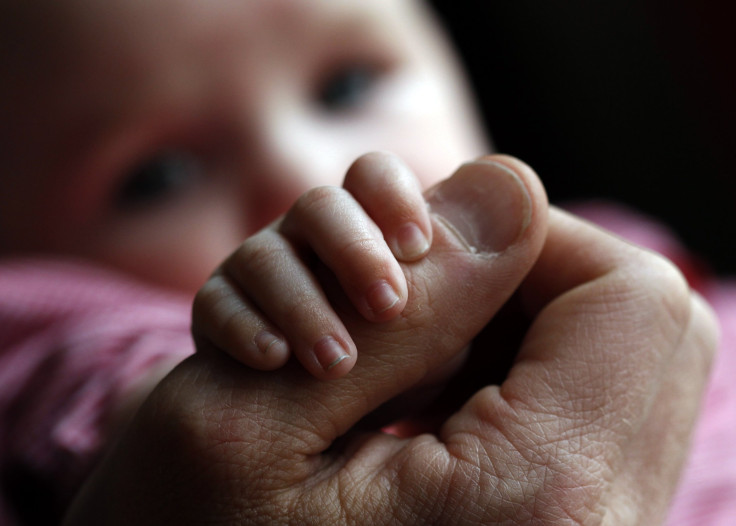Genes may not be the only thing that determine heredity

A new research is underway to examine the link between a man’s experience and its effect on his children. The hypothesis that a man’s experiences can change his sperm, which can also transform his children, is the subject of this controversial research.
This theory challenges the conventional understanding of heredity, which says that parents transfer only their genes to their children, according to the Business Standard. The existing theory precludes any impact of factors such as anxiety, obesity or stress on the genes of children.
However, a 2010 study on rats has forced scientists to rethink the existing proposition. The study, conducted by Dr Romain Barres of the University of Copenhagen, shows poor stress response in offspring fathered by male rats who had been exposed to stressful conditions. Similarly, high-fat foods also alter the genes of rat’s offspring. Offspring of male rates put on high-fat diet are found to be fatter than those of rats on normal diet.
According to the New York Times, a 2013 study showed epigenetic differences between children with either obese or a lean father. The study, involving 79 newborn children, was conducted by Adelheid Soubry, a molecular epidemiologist at KU Leuven University in Belgium, and her colleagues.
Dr John M. Greally, an epigenetics expert at the Albert Einstein College of Medicine, believes that genetic differences between men could be a cause for differences in their sperm. Epigenetics refers to the regulation of genes by various molecules, apart from the DNA which passes to an egg through a sperm cell.
Contact the writer at feedback@ibtimes.com.au or tell us what you think below




















